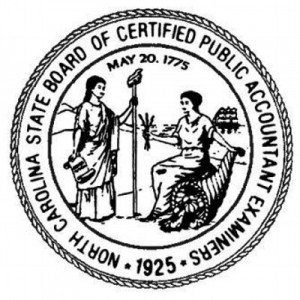5 questions can help nonprofits avoid accounting and tax mistakes

To err is human, but some errors are more consequential — and harder to fix — than others. Most not-for-profit organizations can’t afford to lose precious financial resources, so you need to do whatever possible to minimize accounting and tax mistakes. Get started by considering the following five questions:
- Have we formally documented our accounting processes? All aspects of managing your nonprofit’s money should be reflected in a detailed, written accounting manual. This should include how to accept and deposit donations and pay bills.
- How much do we rely on our accounting software? These days, accounting software is essential to most nonprofits’ daily functioning. But even with the assistance of technology, mistakes happen. Your staff should always double-check entries and reconcile bank accounts to ensure that transactions entered into accounting software are complete and accurate.
- Do we consistently report unrelated business income (UBI)? IRS officials have cited “failing to consider obvious and subtle” UBI tax issues as the biggest tax mistake nonprofits make. Many organizations commonly fail to report UBI — or they underreport this income. Be sure to follow guidance in IRS Publication 598, Tax on Unrelated Business Income of Exempt Organizations. And if you need more help, consult a tax expert with nonprofit expertise.
- Have we correctly classified our workers? This is another area where nonprofits commonly make errors in judgment and practice. You’re required to withhold and pay various payroll taxes on employee earnings, but don’t have the same obligation for independent contractors. If the IRS can successfully argue that one or more of your independent contractors meet the criteria for being classified as employees, both you and the contractor possibly face financial consequences.
- Do we back up data? If you don’t regularly back up accounting and tax information, it may not be safe in the event of a fire, natural disaster, terrorist attack or other emergency. This data should be backed up automatically and frequently using cloud-based or other offsite storage solutions.
If your accounting and tax policies and processes aren’t quite up to snuff and potentially put your organization at risk of making serious errors, don’t despair. We can help you address these shortcomings. Contact Langdon & Company today!
© 2019









